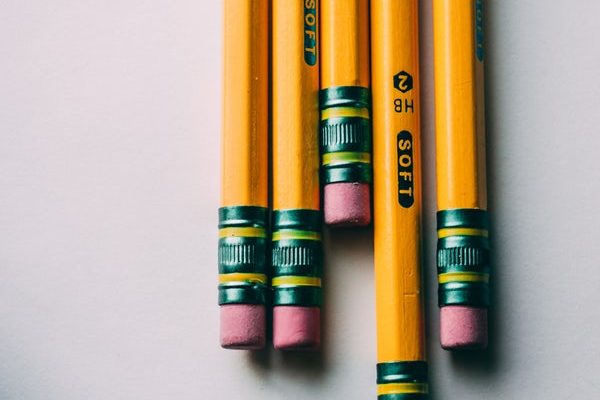Campus diversity: Are Ivy Leagues getting closer?

America has a love-hate relationship with its eight Ivy League universities. For the majority, these elite schools are seen as unattainable places, reserved for those with superhuman high school transcripts and the deep pockets to afford to attend. Graduating from one is generally viewed as writing the ticket to a comfortable life, though, and you’d be hard pressed to find someone who wouldn’t be impressed with your framed Princeton or Columbia degree.
Ivy Leagues are the butt of jokes where snobs are the punchline and often considered out of the league, in both price and performance, for the average American high schooler. Ivy Leagues are viewed as places for already-rich, white Americans to pat each other on the back on their way to acquiring even more wealth. As with most things that are generalized and over-simplified, Ivy Leagues have more complexity in student, faculty and alumni diversity than is often portrayed.
Look at our own President – a minority Harvard graduate who married another minority Harvard grad, made a name for his down-to-earth approach to politics, and went on to become the leader of the free world. Is President Obama an extreme exception, or are we missing the story of true diversity at these stereotypically elite schools?
The truth is somewhere between the extremes. With the right direction, however, Ivy Leagues could really make some headway in improving diversity on their campuses in the next half-decade and could set the example for the rest of America’s university landscape.
Smart recruitment
Ivy League schools aren’t just waiting for minority, first-generation and other disadvantaged future applicants to come to them – they are reaching out, and early. Every Ivy League school is a member of the Coalition for Access, Affordability and Success which offers a portfolio-type program for college admittance. This portfolio is intended to start in 9th grade and is often accompanied by guidance from university officials on high school academics and additional items that will boost their final file for consideration.
These portfolios are about more than test scores and report card grades. A “locker” portion allows room for creative work, like visual art and essays. By allowing this application system, Ivy Leagues are setting the stage for students early in their careers, giving them a better chance at earning admittance when the time comes.
It will be a few years before this portfolio system is proven to work, at Ivy Leagues and the other 70+ schools that implemented its use in 2015. The fact that these schools have pinpointed the need to approach and guide students so early in their high school careers is important though. It shows that the schools in the coalition are serious about being proactive in diverse recruitment and are willing to put in the work to make get more disadvantaged students on their campuses.
The reality stands
For all their apparent strides to be more diverse, Ivy Leagues can’t deny the facts of where they stand today. First, there is the issue of money that simply can’t be ignored. Admitting students without concern for whether they can afford the school or not is a luxury of Ivy Leagues, whose alumni giving dwarfs that of typical universities. They can afford to pay the tuition of students who could otherwise not find the money to attend, giving them an advantage when it comes to diverse recruitment.
Even with all that additional money, though, Ivy Leagues are still mainly made up of affluent students. Nationally, 38 percent of undergraduate students earn Pell grants, earmarked for students from low-income families. Only 12 percent at Yale and 13 percent at the University of Virginia received Pell grants in the 2013-2014 academic year.
It’s not all bad news though. Brown University has some promising stats when it comes to its ability to recruit and graduate more diverse students. In its class of 2019, 59 percent of Brown’s accepted students went to public schools. All 50 states are represented, along with 85 nations. Sixty-one percent will need some form of financial aid to afford Brown attendance, and 45 percent identified as African American, Latino, Asian American or Native American (which still means it is a Predominantly White Institution, but not by much).
Cornell’s class of 2019 includes 700 first-generation students, 45 percent female and 48 percent who identify themselves as students of color.
So what will the class of 2025, 2030 and beyond look like at Ivy Leagues? Will new recruitment methods finally bridge the gap between the ideal of diversity and the reality on campuses?
What do you predict will be the future of diversity at Ivy Leagues?






